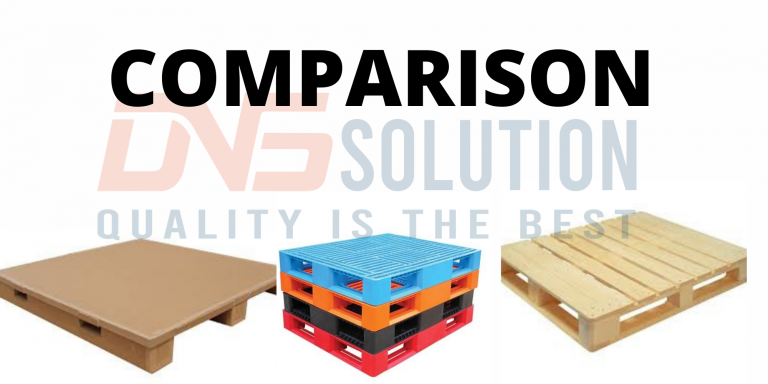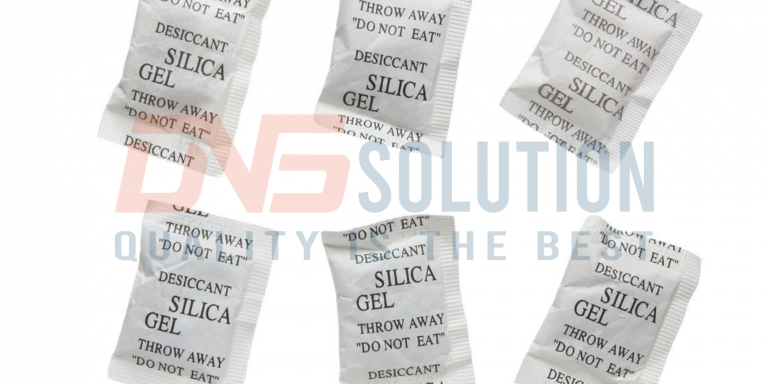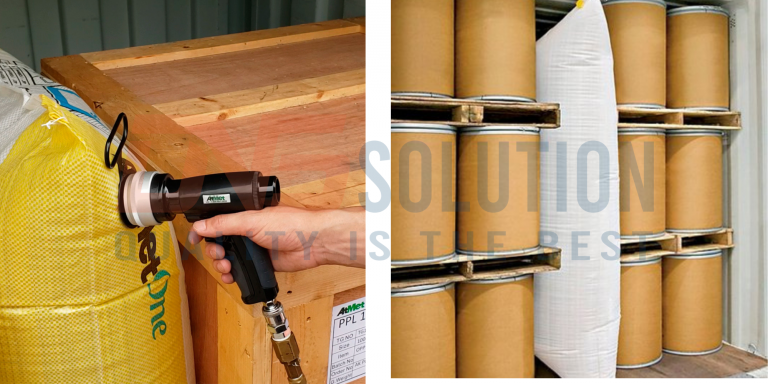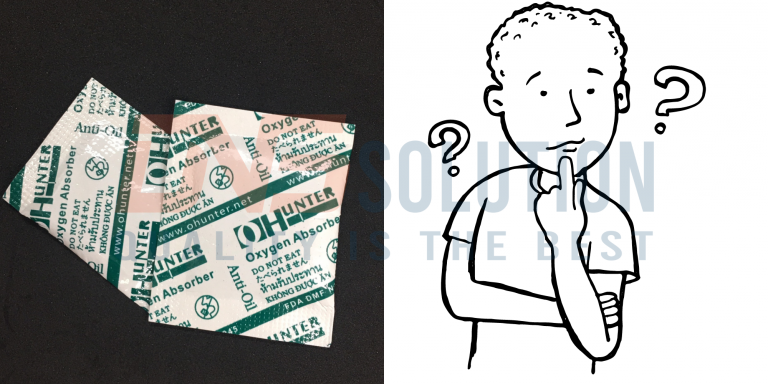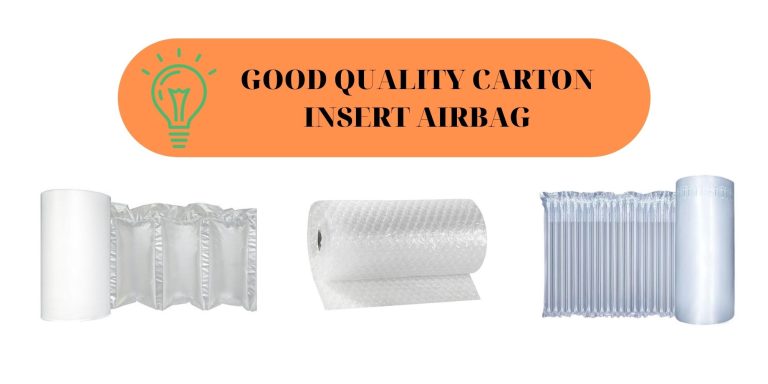The freight industry is a risky industry. Leads to a complaint. Many problems with compensation for damaged goods through transportation from the port of loading to the port of discharge have occurred.
Especially in international freight. It is a process from packing at the factory, transporting to the port, packing the goods into the container, the container is loaded onto the ship for departure, the container is unloaded at the port of destination, the goods are taken out of the container, and the goods are brought in. warehouse, … Packages and packages are subject to a lot of impact force. Affected by temperature, humidity inside the container.
When damage to the goods occurs. Easily lead to disputes for compensation for damaged goods. The article will show the causes of damage to goods and how to prevent them.
CAUSES OF DAMAGED GOODS IN TRANSIT AND HOW TO PREVENT THEM
Damage to goods is when the goods delivered to the recipient are not intact as when they were originally received. Or unlike on the transport documents. The compensation of damaged goods always has many disputes and takes a long time. Causes and types of damage to goods include the following main types:
Damaged goods before loading on the means of transport
The carrier has the right of return provided that it has been carefully checked and noted on the transport document. Note that there should be clear confirmation that in writing, photo or by mail with the shipper before loading.
Due to improper stowage
That is, queuing does not guarantee technical safety. This leads to the goods being collided with the means of transport, leading to distortions and stacking. The bottom packages are crushed or torn, damaged by impact.
Due to poor storage
In addition, being contaminated with moisture because adjacent goods give off a lot of moisture and rust. Or because liquid goods are leaked, contaminated with dust due to poor isolation, etc. In the process of transportation, it is not possible to ensure proper humidity, heat, and ventilation. Thereby causing the goods to be moldy, rusty, and warped. Some goods can burn, explode, liquefy or degrade when not stored properly.
Due to bad weather
Weather contributes greatly to the spoilage of goods. Therefore, it is necessary to have a team of experts to have solutions to overcome..
Due to slow delivery
For weather sensitive items, perishable items. Especially for cold-stored goods, slow delivery is one of the possible causes of goods damage.
Due to insects, mold, disease
For items of natural origin (wood or wood products, agricultural products, live animals) it is very easy to be damaged by these factors. The way to prevent it is to prepare carefully for fumigation, mold removal, and disease prevention.Therefore, the international transportation of wooden goods always requires certificates and certifications. To ensure the goods have been sterilized and heat treated. For example, ISPM15 certification for wooden pallets.
WHO COMPENSATES FOR DAMAGED GOODS?
The proliferation of shipping companies is huge these days. When working with a carrier, you need to clarify the issues of risk and liability in the contract.
Legal advice on liability for damaged goods
According to Article 13 of the 2015 Civil Code, individuals and legal entities whose civil rights have been infringed shall be compensated for all damage, unless otherwise agreed by the parties or otherwise provided for by law. In addition, Article 170 also stipulates that the owner, the holder of other rights to the property has the right to request the person infringing the property rights or other rights to the property to compensate for damage. This means that owners and other rights holders will be protected by law when the property is infringed. This also applies to the case where the property is the lost or damaged goods in the contract of carriage.
Pursuant to Article 50 of the 2005 Commercial Law stipulating
- Firts, the buyer is obliged to pay for the purchase and receive the goods as agreed.
- Second, the buyer must comply with the payment methods, make the payment according to the agreed order and procedures and in accordance with the law.
- Third, the buyer still has to pay the purchase price in case the goods are lost or damaged after the time when the risk is transferred from the seller to the buyer. Except for the case of loss or damage caused by the seller’s fault.
- According to Article 62 of the Commercial Law 2005, the time of transfer of ownership of goods is as follows: Unless otherwise provided for by law or otherwise agreed by the parties. Ownership is transferred from the seller to the buyer from the time the goods are delivered.
- In short, from the time of delivery, the ownership of the goods is transferred from the seller to the buyer. And also the time to transfer risks if the parties do not agree otherwise. Therefore, when you have received the goods and are in transit, the goods show signs of damage. Then you still have to return the damaged goods to the seller. Unless you can prove damaged goods before delivery. Otherwise you will not have to pay.
MEASURES TO HELP DETERMINE THE SUBJECT OF COMPENSATION FOR DAMAGED GOODS
To determine the object that caused the damage to the goods in the most fair way. We need a tool to help us measure the most accurate. Have you heard of Impact Labels and Leaning Labels? Impact labels help identify exactly how much impact the product has received. Leaning labels help identify how many degrees the goods have been tilted.
These are 2 products that are almost absolute. And high transparency. Because the product has a barcode to avoid changing and swapping labels.
Hope this article has answered your question. From there, you can come up with the best solution for your business.
Articles with reference to information from theWikipedia.
TheMinistry of Industry and Trade of Vietnamprotectsdnssolution.vnwebsite.

